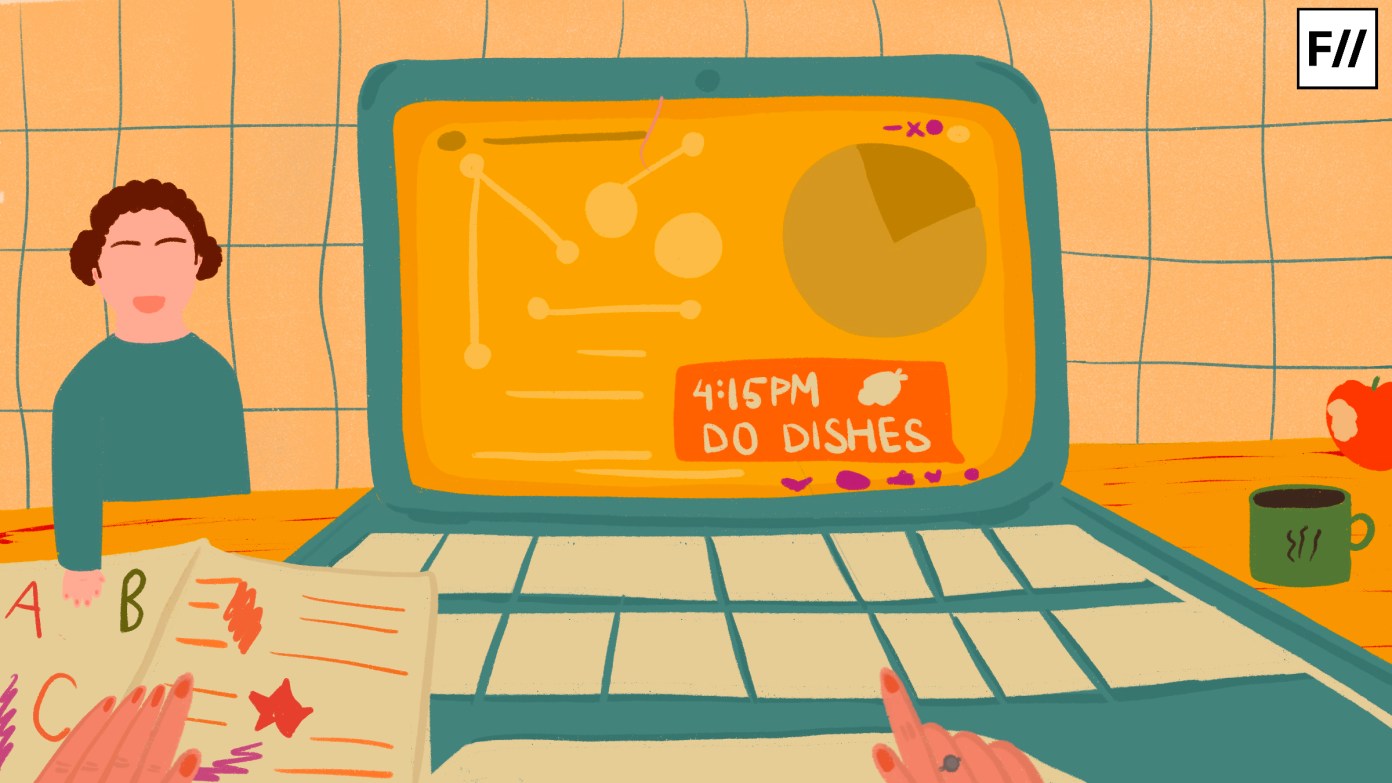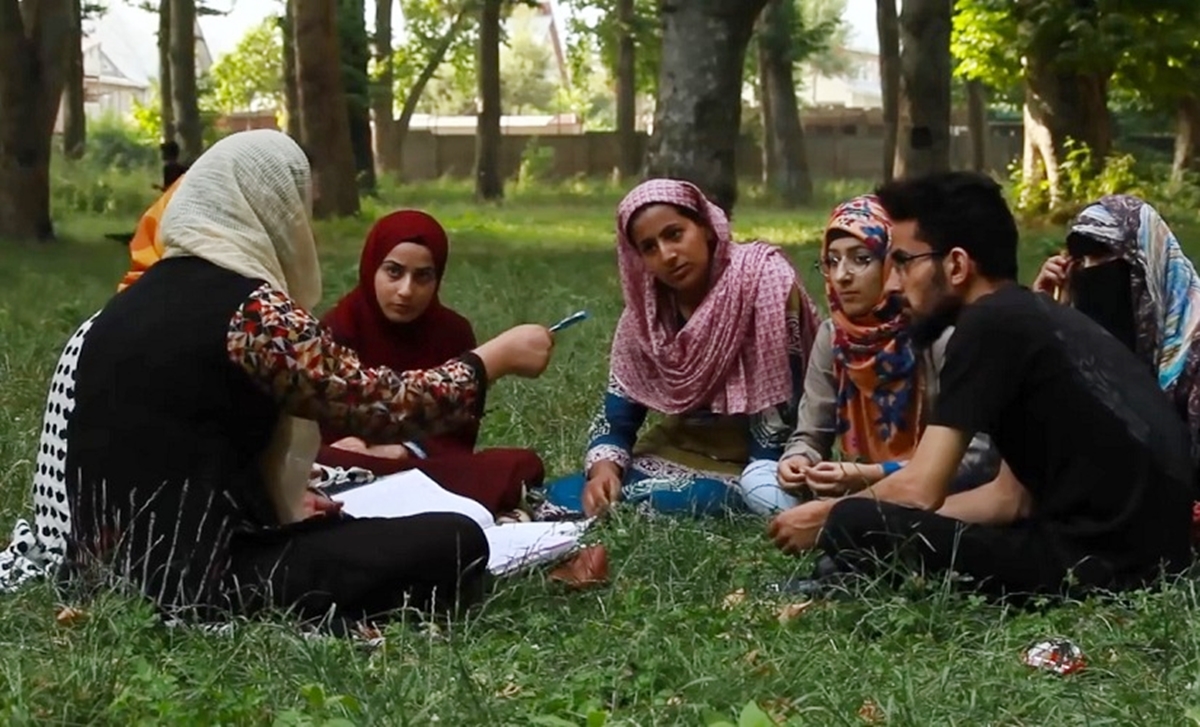Often the terms ‘economy’ and ‘economic policies’ can make us think of things that have everything to do with money,…
Login to Read!
This content is restricted to site members. If you are an existing user, please log in below. Or you can can create an account here.


